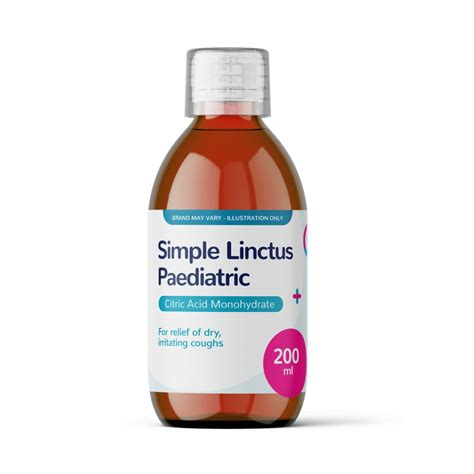When To Use Over The Counter Cough Syrup? Effective Solutions

Coughing is one of the most common symptoms of respiratory tract infections, and it’s often accompanied by a plethora of other symptoms like sore throat, runny nose, and congestion. Over-the-counter (OTC) cough syrups are widely used to alleviate these symptoms, but it’s essential to understand when to use them effectively.
Understanding Coughs: Productive vs. Dry
Before we dive into the world of OTC cough syrups, it’s crucial to differentiate between two types of coughs: productive and dry. A productive cough is one that brings up mucus or phlegm, indicating that the body is trying to expel an irritant or infection. On the other hand, a dry cough is a hacking, non-productive cough that doesn’t produce any mucus.
When to Use OTC Cough Syrups
OTC cough syrups are designed to provide temporary relief from coughing, but they’re not a one-size-fits-all solution. Here are some scenarios where OTC cough syrups might be effective:
- Acute coughs: If you have a sudden onset of coughing due to a cold, flu, or allergies, an OTC cough syrup might help alleviate the symptoms.
- Dry coughs: If you have a dry, hacking cough that’s disrupting your sleep or daily activities, an OTC cough syrup can help soothe the throat and reduce the frequency of coughing.
- Coughs with mild congestion: If you have a cough accompanied by mild congestion, an OTC cough syrup with a decongestant can help relieve the nasal congestion and reduce the cough.
Ingredients to Look for in OTC Cough Syrups
When selecting an OTC cough syrup, it’s essential to choose one that contains ingredients that address your specific symptoms. Some common ingredients found in OTC cough syrups include:
- Dextromethorphan (DM): A cough suppressant that helps reduce the frequency of coughing.
- Guaifenesin: An expectorant that helps thin and loosen mucus, making it easier to cough up.
- Pseudophedrine or Phenylephrine: Decongestants that help relieve nasal congestion.
- Acetaminophen or Ibuprofen: Pain relievers that can help reduce fever and relieve headache or body aches.
Important Considerations
While OTC cough syrups can provide temporary relief, it’s essential to keep the following considerations in mind:
- Age restrictions: Always check the label for age restrictions, as some OTC cough syrups are not suitable for children under a certain age.
- Interactions with other medications: If you’re taking prescription medications, consult with your doctor before taking an OTC cough syrup, as some ingredients can interact with other medications.
- Dosage and duration: Follow the recommended dosage and duration of use, as exceeding the recommended dose or using the syrup for an extended period can lead to adverse effects.
It's crucial to note that OTC cough syrups are not a substitute for medical attention. If you experience any of the following symptoms, seek medical attention immediately:
- Severe difficulty breathing
- Chest pain or tightness
- Fever above 102°F (39°C)
- Coughing up blood or yellow or green mucus
Natural Alternatives to OTC Cough Syrups
If you’re looking for natural alternatives to OTC cough syrups, consider the following options:
- Honey: A natural cough suppressant that can help soothe a sore throat.
- Gargling with salt water: Can help reduce inflammation and kill bacteria in the throat.
- Steam inhalation: Can help loosen mucus and reduce congestion.
- Thyme tea: Has antimicrobial properties that can help combat infections.
Remember, while OTC cough syrups can provide temporary relief, it's essential to address the underlying cause of the cough. If your symptoms persist or worsen, consult with your healthcare professional for proper diagnosis and treatment.
Conclusion
OTC cough syrups can be an effective solution for temporary relief from coughing, but it’s essential to understand when to use them and what ingredients to look for. Always follow the recommended dosage and duration of use, and consult with your doctor if you have any underlying medical conditions or concerns. By combining OTC cough syrups with natural alternatives and practicing good hygiene, you can help alleviate your symptoms and get back to your daily activities.
Can I take OTC cough syrup with other medications?
+Always consult with your doctor before taking an OTC cough syrup with other medications, as some ingredients can interact with other medications.
How long can I use OTC cough syrup?
+Follow the recommended duration of use on the label, and consult with your doctor if your symptoms persist or worsen.
Can I give OTC cough syrup to my child?
+Always check the label for age restrictions, and consult with your pediatrician before giving OTC cough syrup to your child.



